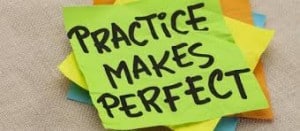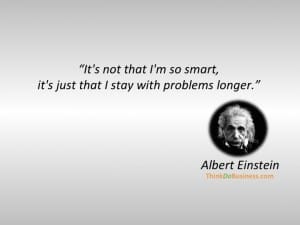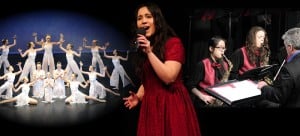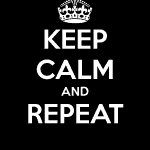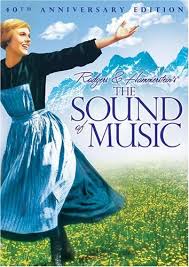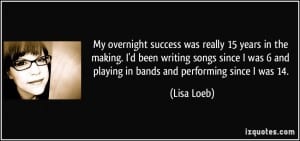Welcome back to another year of singing!
It has been wonderful greeting students for the new year, hearing about their holiday adventures and seeing their joy at returning to lessons.
For the adult students there has been less about holidays ( unfortunately) but there has certainly be the same enthusiasm as they arrive for lessons.
For students who have been studying with me for a while, it has been great to hear their voices again and realize the progress they have been making vocally. It has been so exciting to hear the way their voices have matured and developed. For new students it has been exciting starting with them and helping them uncover the voice they have inside them.
A big welcome to all the new students who have started for 2016. I look forward to working with you on your musical journey!
News from the Studio:
PRACTICE BLITZ!
Students have new repertoire to start working on for 2016.
To get you into a practice routine I am holding a practice blitz for the next two weeks.
The blitz will run from Monday 22nd February until Sunday 6th March . All you need to do is practice consistently and record your practice times on the singing strong website. (remember you have to log into your account to fill in the details. If you need help with this please let me know.) You can log in at the bottom of this post.
There will be prizes and surprises for the person who clocks up the most practice hours!
Take some time now to work out times during the week when you can dedicate 15 -20 minutes to practice. Record this on your calendar and then stick to it!
Student achievements:
Congratulations to all the students who participated in the Summer Pantomime “Aladdin”. It was a fun show and I thoroughly enjoyed myself when I went to see it.
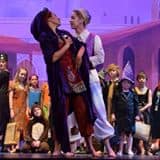
Congratulations to Alicia Hooimeyer who played the title role and to Sophia Patikisa who was a gorgeous Jasmine.
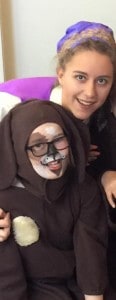 Hollie Gibson was terrific as the dog and there were other fantastic performances from the following students as well:
Hollie Gibson was terrific as the dog and there were other fantastic performances from the following students as well:
Ella Brent
Zahra Hanratty
Ella Hill
Paige Horn
Maddison Logue
Britney Nelthorpe
Sebastian Poole
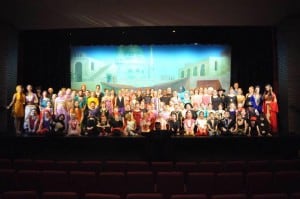
There are numerous students involved in the many productions that will be held during 2016. I will keep you informed as they come up.
Cafe Concert
I have tentatively booked our first term Cafe Concert for Wednesday 16th March from 6.30pm. Please put this date in your diary. I understand that some of you will have commitments on this evening, but it would be appreciated if you are able to come and sing, even if you are only able to pop in and out.
I will put out some more information about this event during the week.
So let’s get singing! Have a great week.
Dream!

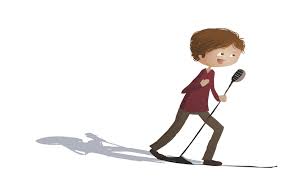 The answer is yes. If you are able to talk then it is possible to sing.
The answer is yes. If you are able to talk then it is possible to sing. It’s the beginning of 2016 and you haven’t practiced any singing since before Christmas. Does that sound like you? I am a little bit guilty of this too. The Christmas season was so busy for me I hardly had any time for anything else. It was a wonderful time celebrating with family and friends and I did sing heaps of Christmas carols, but most things like practice got put aside. Now with the new year we find ourselves back into more of a routine, but finding the motivation to get back into practice can be a bit challenging.
It’s the beginning of 2016 and you haven’t practiced any singing since before Christmas. Does that sound like you? I am a little bit guilty of this too. The Christmas season was so busy for me I hardly had any time for anything else. It was a wonderful time celebrating with family and friends and I did sing heaps of Christmas carols, but most things like practice got put aside. Now with the new year we find ourselves back into more of a routine, but finding the motivation to get back into practice can be a bit challenging.